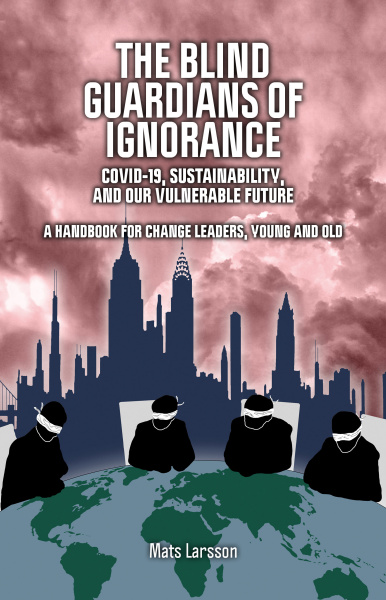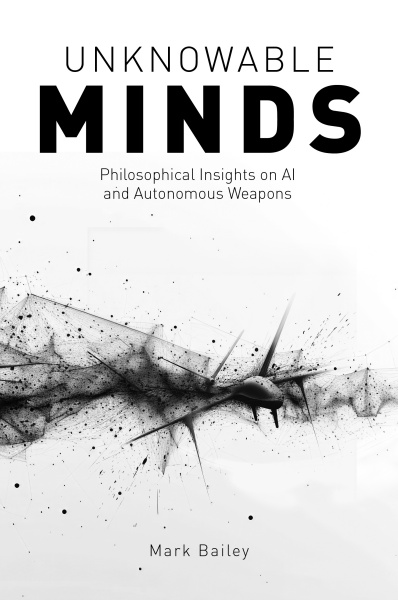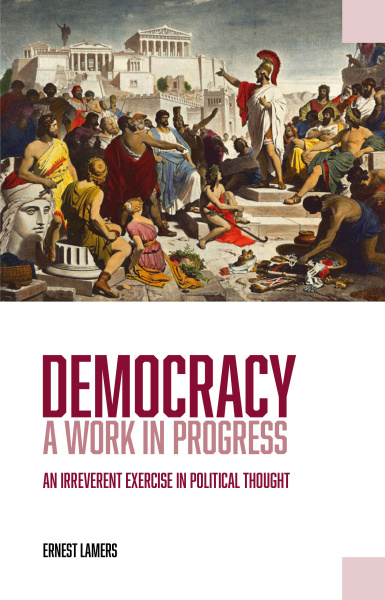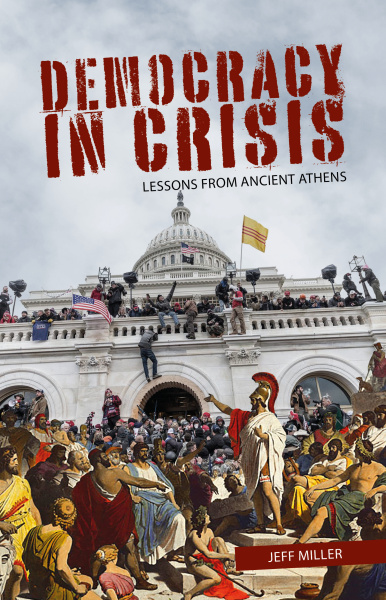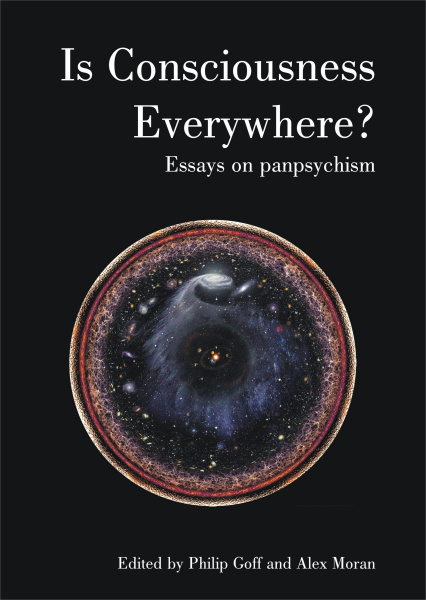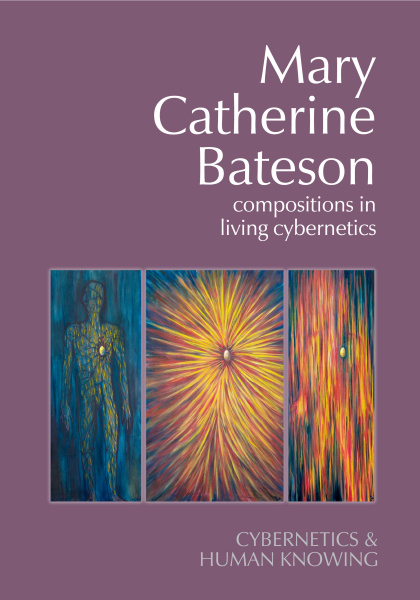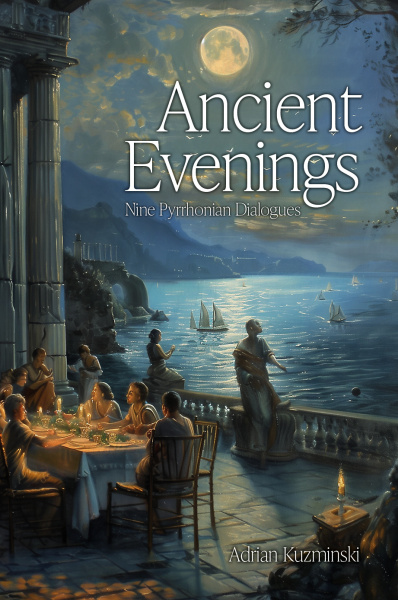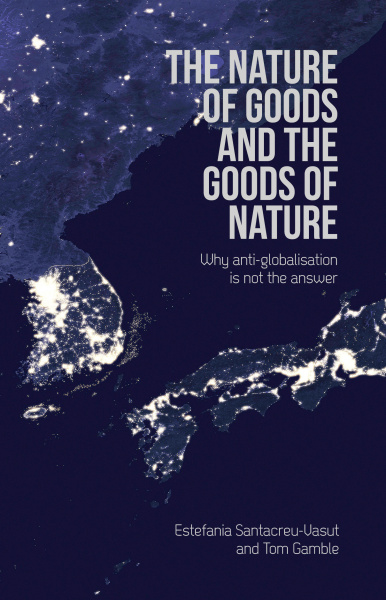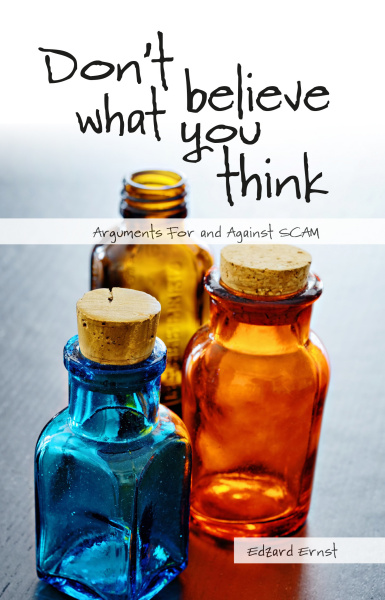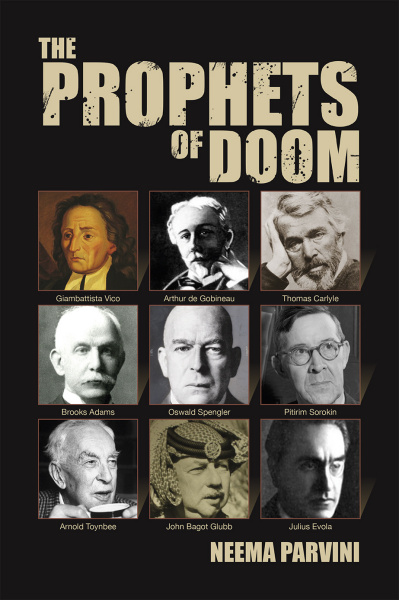Imprint Academic
-

Politics of Random Selection
Making Good Use of Sortition
Gil Delannoi begins with a general theory of political procedures and its relations with the typology of political regimes. Sortitive democracy is also studied as a third type distinct from the representative and direct types. Sortition is analysed through its main uses, effects, and objectives.
-

Against Sortition?
The Problem with Citizens' Assemblies
This book presents the institutionalization of sortition while questioning its political consequences in terms of representation and deliberation. Several examples are used, such as the Citizens' Climate Convention in France and the Conference on the Future of Europe.
-

The Keys to Democracy
Sortition as a New Model for Citizen Power
In this distillation of a lifetime's thinking about democracy, Maurice Pope presents a new model of governance that replaces elected politicians with assemblies selected by lot. The re-introduction of sortition, he believes, offers a way out of gridlock, apathy, alienation and polarisation by giving citizens back their voice.
-

Democracy in Crisis
Lessons from Ancient Athens
From the storming of the Capitol and the rise of authoritarian rhetoric and politicians to the challenge of global warming, liberal democracy faces a twin crisis of legitimacy and efficacy. Democracy in Crisis points to long neglected resources from the world's first democracy - Ancient Athens - prompting us to think beyond our current practices.
-

Sortition and Democracy
History, Tools, Theories
This book offers a historical analysis of sortition. It brings together a number of the best specialists on political sortition from antiquity to contemporary experiments, in Europe but also in the Ancient Middle East and in imperial China. It demonstrates that sortition has been a crucial device in political history.
-

The Demarchy Manifesto
For Better Public Policy
Demarchy exploits the possibilities of modern communications to give new role to public discussion. It takes the initiative in formulating policy on each specific problem out of the hands of political parties and into the hands of those most strongly affected by that particular problem. John Burnheim explains why this needs to be done.
-

Lotteries in Public Life
A Reader
Until recently, there was no theory to make sense of lotteries and what they can do. The past few decades have changed that with a veritable renaissance of studies on lotteries. This book collects fourteen of the most important of these papers, and offers a critical introduction tying them together.
-

Sortition
Theory and Practice
Essays deriving from the conference "Selection by Lottery: Theory and Practice" held in 2008 under the auspices of Sciences Po, in Paris.
-

Lotteries for Education
Lotteries are widely used to decide places (seats) at schools, colleges and universities. Conall Boyle explores many examples to find out why. The emotional turmoil that the use of ballots can cause to students and parents alike is graphically described.
-

The Political Potential of Sortition
A study of the random selection of citizens for public office
The central feature of every true lottery is that all rational evaluation is deliberately excluded. Once this principle is grasped, the author argues, we can begin to understand exactly what benefits sortition can bring to the political community.
-

A People's Parliament/A Citizen Legislature
Two essays, printed back to back in a single volume, offer complementary solutions to the democratic deficit in Britain and the USA.
-

Nature and Uses of Lotteries
Thomas Gataker was a disputatious Puritan divine. His The Nature and Uses of Lotteries (1627) was the first systematic exposition of a modern view of lotteries, not just as a form of gambling, but as a fair method of division.
-

The Athenian Option
Radical Reform for the House of Lords
Before New Labour came to power and when even the prospect of reform of Britain's House of Lords was regarded with scepticism, the authors of this book developed the idea of selecting part of a new upper house by lot. This is a new edition of the original proposal.
-

Justice by Lottery
This book is about the virtues and social justice of random distribution. This revised second edition includes a new introduction.
-

Party's Over
Blueprint for a Very English Revolution
This book examines the historical forces that gave rise to the modern political party and questions its role in the post-ideological age. If we all now share the liberal market consensus, then what is the function of the party?
